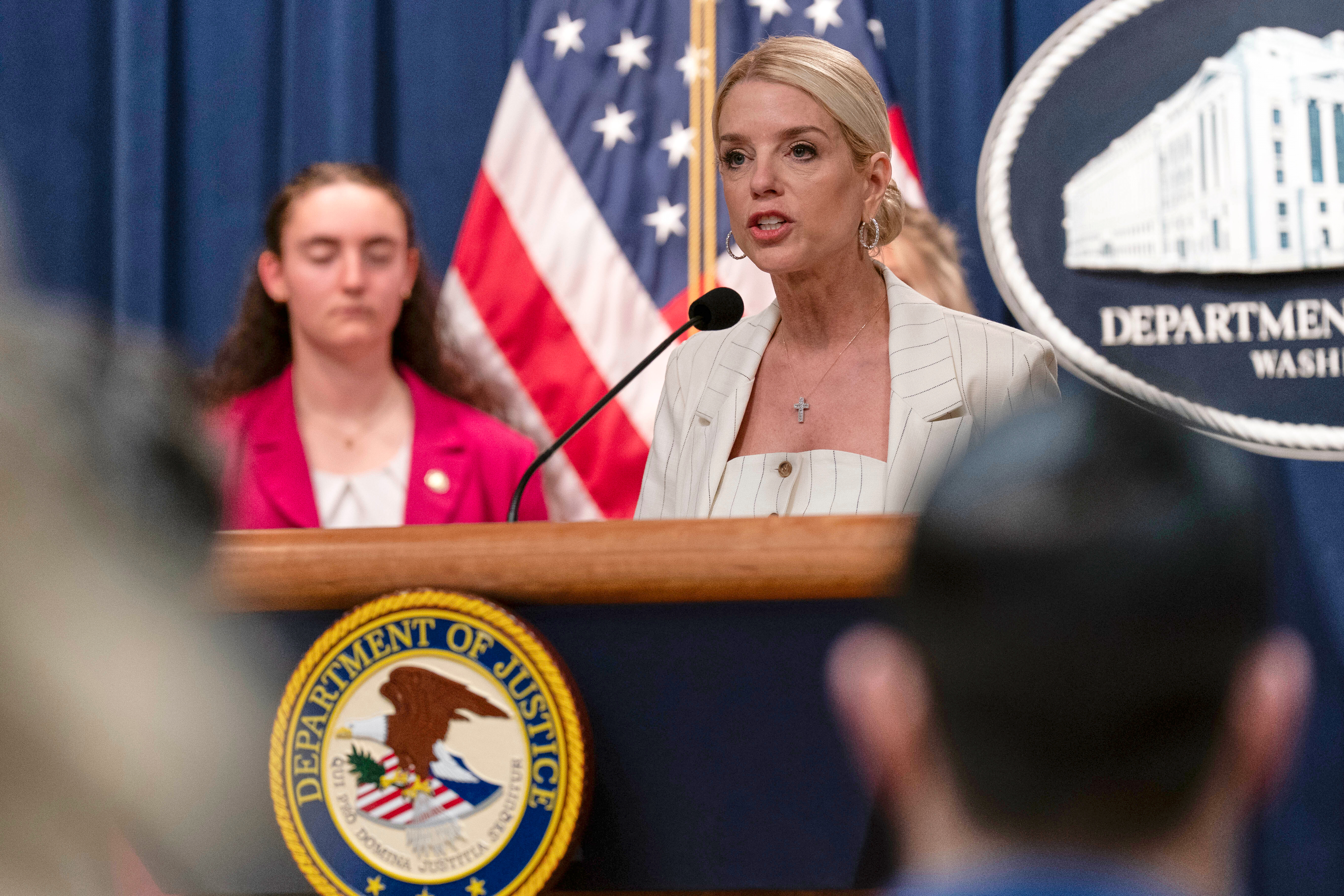A federal regulator on Wednesday ordered Apple and Goldman Sachs to pay a combined $89 million for deceiving consumers and mishandled transaction disputes of Apple Card customers.
The Consumer Finance Protection Bureau orders point to “customer service breakdowns and misrepresentations” around Apple and Goldman's credit card partnership. Apple failed to send tens of thousands of Apple Card disputes to Goldman, and when such customer disputes were reported, the investment bank did not follow federal requirements for investigating, the agency said.
As a result, many consumers faced long waits to get their money back from disputed charges and, in some cases, saw incorrect negative information added to their credit reports, the CFPB added.
RELATED STORY | Buy now, pay later programs must adhere to credit card standards, consumer agency says
Apple and Goldman were also accused of misleading people who purchased iPhones and other Apple devices about interest-free payments for the credit card. The CFPB found that many customers thought they would automatically get interest-free financing when buying an Apple device with Apple Card, for example, but were instead charged that interest, while Goldman misled consumers about some refund applications.
In a statement, Apple said it learned about the “inadvertent issues” years ago and address them along with Goldman Sachs, adding that it strongly disagrees with the CFPB’s characterization of its conduct. The California tech giant added that “Apple Card is one of the most consumer-friendly credit cards available, and was specifically designed to support users’ financial health.”
Goldman spokesperson Nick Carcaterra echoed that sentiment, noting the investment bank was proud to develop the credit card product with Apple, and said it was pleased to reach a resolution with the CFPB. Both companies also maintained that they had already worked to help impacted customers.
Wednesday's CFPB action orders refunds for consumers and penalties for both companies. Apple is required to pay a $25 million penalty, the CFPB said, and Goldman a $45 million penalty and at least $19.8 million in redress.
The agency is also barring Goldman, which is already struggling with its wider consumer banking business, from launching another new credit card unless it can prove the product "will actually comply with the law.”
RELATED STORY | FTC unveils new rule that will make it easier for you to cancel subscriptions
“These failures are not mere technicalities. They resulted in real harm to real people,” CFPB Director Rohit Chopra said in prepared remarks, noting hundreds of thousands of Apple Card users were impacted overall. In a separate statement, he added that “Big Tech companies and big Wall Street firms should not behave as if they are exempt from federal law.”
Apple partnered with Goldman to launch the Apple Card in 2019. The now-popular credit card runs on the Mastercard network and is deeply embedded into Apple Pay. It is designed primarily to be used on devices like the iPhone or Apple Watch.
The CFPB suggested that Apple and Goldman launched Apple Card prematurely, pointing to third-party warnings about technological issues prior to the card's launch.
Goldman's venture into consumer banking has been far from smooth sailing. The Wall Street firm recently ended its credit card partnership with General Motors — with Barclays coming forward as its replacement just last week.









